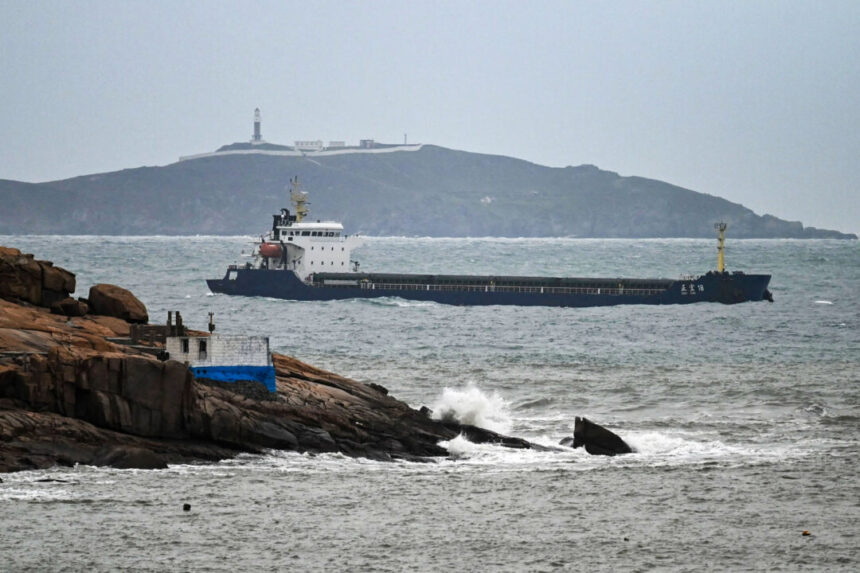Commentary
For more than ten years, the Chinese Communist Party (CCP) has been in a standoff with Taiwan and the United States. However, recent developments in China indicate that CCP leader Xi Jinping may have shown signs of hesitation with the return of Donald Trump to the White House.
Taiwan prepared once again for several days of provocation by the People’s Liberation Army (PLA) navy and air force as China conducted military drills around the island this month. These drills, often seen as acts of intimidation, demonstrate Xi’s assertion that he could order the PLA to use live ammunition and fulfill his promise to annex Taiwan. Nevertheless, emerging signals from China suggest that Xi may be questioning the regime’s capacity to take over Taiwan or engage in a conflict with the United States.
Since taking leadership in 2012, Xi has made combating corruption within the PLA a top priority. This initiative began with the investigation of Gen. Xu Caihou in 2014, a former vice chairman of the Central Military Commission (CMC). The campaign has intensified over the years, leading to the removal of nearly 20 military and defense industry officials in 2023. Recent suspensions and investigations of high-ranking officials like Adm. Miao Hua reflect Xi’s anti-graft efforts within the PLA.
Xi’s anti-graft campaign has disrupted the upper echelons of the PLA, implicating several high-ranking officials, including former Defense Ministers Wei Fenghe and Li Shangfu. Issues of corruption and potential disloyalty have raised doubts about the PLA’s operational capabilities despite Xi’s focus on modernization and information warfare. If Xi lacks trust in his generals, even advanced technology may not be sufficient for a confrontation with the powerful U.S. military.
On the other hand, the United States has increased preparations to defend Taiwan, approving arms packages and conducting joint military exercises with allies like the Philippines, Japan, and South Korea. These coordinated drills involving warships and aircraft carriers would pose a significant challenge to any Chinese military strategy against the U.S. and its allies.
The CCP’s military strength relies heavily on the economy that supports it. Recent economic challenges and anticipated trade tensions with the return of Trump to the U.S. presidency have prompted Xi to announce a bold economic strategy for 2025. This strategy includes shifting to a moderately loose monetary policy and implementing proactive fiscal measures to boost domestic consumption and stabilize markets.
These economic changes represent a significant shift in China’s monetary policy stance and indicate Xi’s concerns about the economy’s readiness for potential conflict. The recent military purges and economic strategies suggest that Xi may be delaying his milestone goals, casting doubt on China’s ability to confront the U.S. militarily or achieve its objectives regarding Taiwan.
While Xi’s efforts to replace corrupt officials and stimulate the economy may strengthen the PLA, the lack of experienced high-level officials and the economic challenges facing China raise questions about the regime’s preparedness for war and achieving its long-term goals.
Views expressed in this article are opinions of the author and do not necessarily reflect the views of The Epoch Times.
Please rewrite this sentence.
Source link




